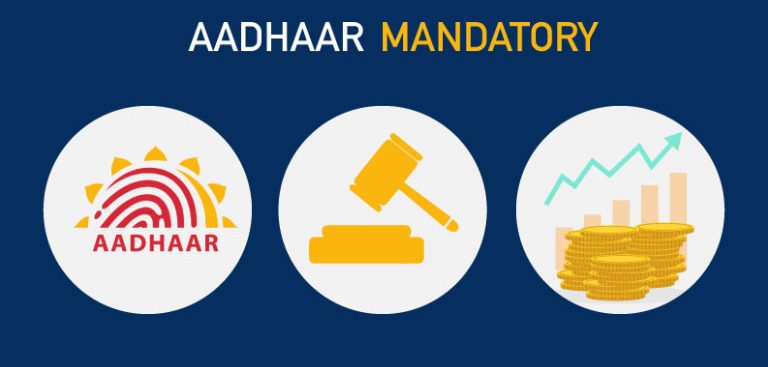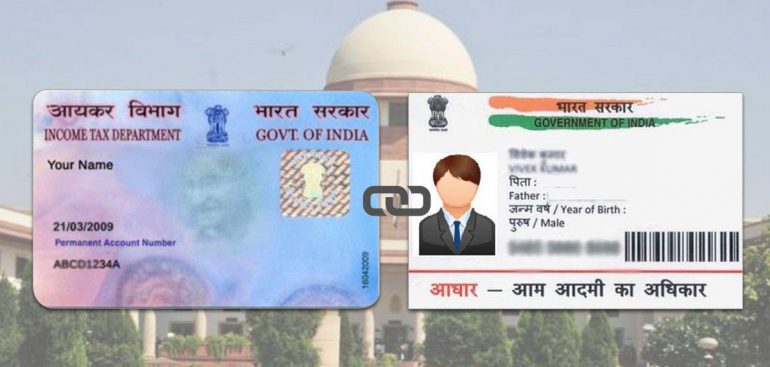Expatriates living in India would often complain about heat, food and dirt. Applying, registering and getting an Aadhaar card might just extend the list of woes with another mandatory tryst with India’s famed red tape
Many expatriates would be required to obtain an Aadhaar number. The Finance Act, 2017 has made it mandatory to enrol for Aadhaar to file tax returns in India or apply for a PAN or keep the existing PAN active effective July 1. This applies to those who are eligible for Aadhaar and under the Aadhaar Act, anyone who is in India for more than 182 days in aggregate in the past 12 months becomes eligible to obtain Aadhaar, experts said
The possibility of giving out details including biometric ones has caused panic among the expat community
“Many expats have reached out to us and sought clarity around whether they require getting Aadhaar card for filing income tax returns in India. This would be an additional and unnecessary compliance requirement for them,” said Amit Maheshwari, Partner, Ashok Maheshwary & Associates LLP
“I already have a PAN card and other documents required for filing tax returns in India. It’s a bureaucratic burden and I think it affects the ease of doing business,” said Danny Carrol, of Orios venture Partners, a British expatriate living in Mumbai. Besides, expats are also wary of having their biometric profiles with the Indian government, as Aadhaar needs a biometric profile of every holder, Carrol added
“Those expatriates who have already left India or NRIs not physically present in India and have a tax filing obligation may face practical challenge to obtain Aadhaar. They should consider either filing the return before July 1, 2017 or else they may be required to visit India for Aadhaar. One may expect clarification from the government to either relax this requirement or make some arrangement where such individuals are able to obtain Aadhaar overseas,” said Kuldip Kumar, leader, personal tax, PwC
Many expats pay domestic income tax and now Aadhaar card has been made compulsory now on to file returns. Expats have rushed to their tax consultants — big four in most cases — for a way around this as they fear their privacy will be compromised among other concerns. “Many expats do file tax returns and pay income tax in India even when they do not have any permanent address in India
We hope that the government carves out exemption for expats in the fine print, but till then, the worry of expats needing an Aadhaar card for tax returns is a real worry,’ said Mayur Shah, partner, Ey
Even as many consultants lobby with the government for an exemption, some experts say applying for one may be the best way out. ‘We are telling all foreign nationals to get Aadhaar because there is a lot of ambiguity at the moment,’ said Poorvi Chothani, founder and managing partner of Law Quest, a unified business and immigration law firm with offices in New York, Mumbai and Bengaluru
“The clarity on the law has to come very quickly because there are only three months for filing of tax returns. Even then, it will be challenging for expats to get Aadhaar at such a short notice, if the law is applicable to them as well, because many of them don’t have permanent address in India,” she said
Speaking to ET, an expat, a resident of the US, and a tax consultant who had helped an Indian company with IT implementation of GST said the issue is just complicating matters further
“I lived in India for about six months but I don’t have an Indian bank account. I had barely managed a way around that when this issue propped up,” he cribs. “It seems to me Indian tax authorities are merely discouraging me to pay taxes honestly,” he laughs.



